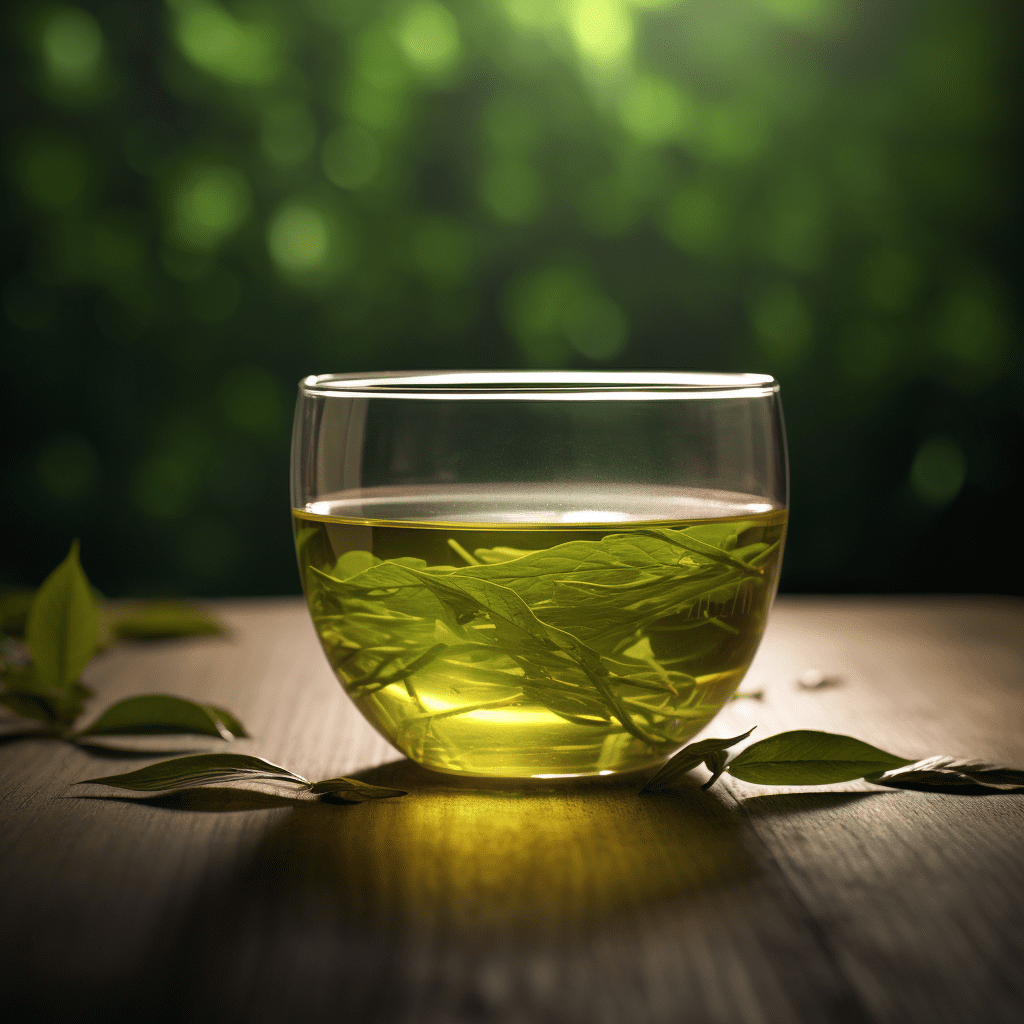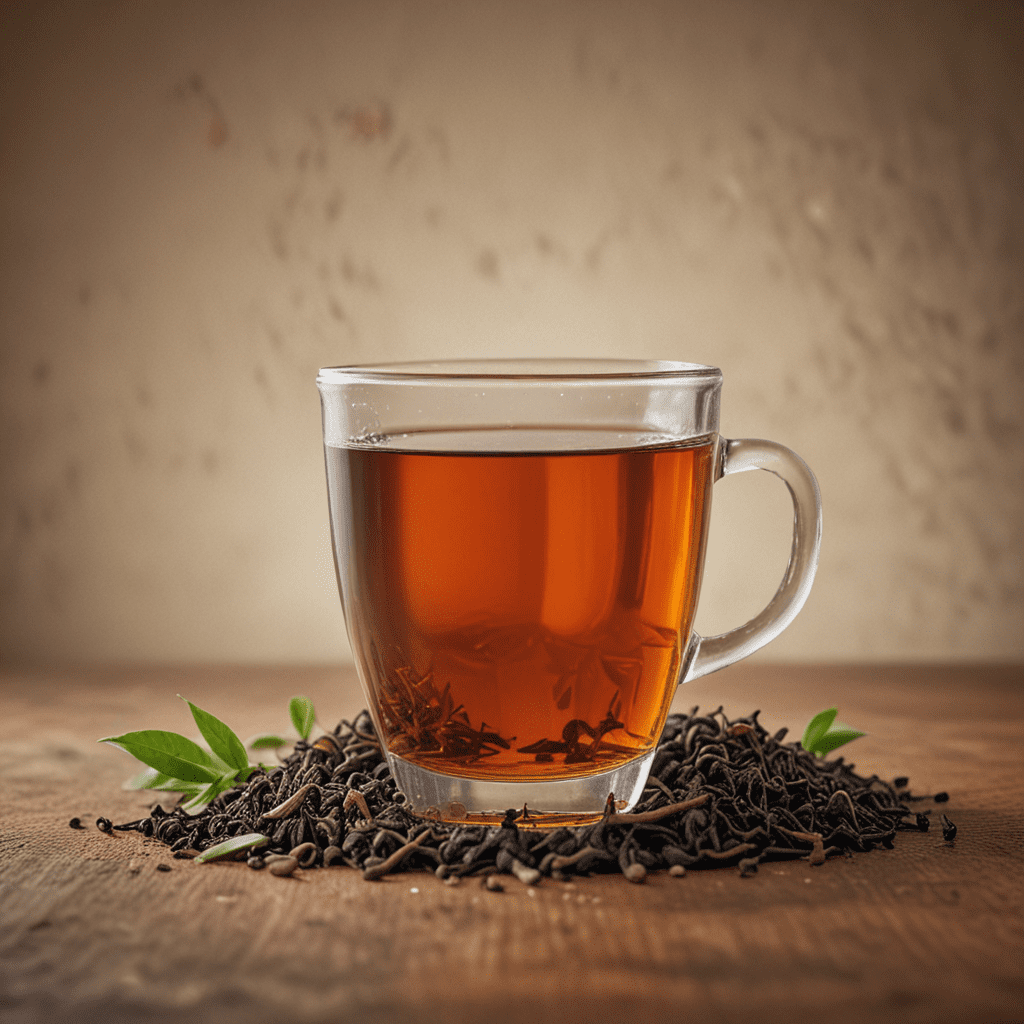1. Introduction
Tea occupies a prominent position in British culture, deeply woven into the tapestry of the nation's social fabric and historical narrative. Its arrival in Britain in the 17th century marked a turning point, gradually transforming drinking habits and shaping a unique tea culture that continues to thrive today.
2. Early Encounters with Tea
The introduction of tea to Britain can be traced back to the 1660s, arriving via maritime trade routes established with China. Initially, tea was viewed as an exotic and expensive commodity, embraced primarily by the wealthy elite. King Charles II and his wife Catherine of Braganza, a Portuguese princess with a fondness for tea, are credited with popularizing the beverage amongst the aristocracy.
3. The Rise of Tea Drinking
Throughout the 18th century, tea consumption in Britain witnessed a remarkable surge in popularity. Factors such as the establishment of the British East India Company, which held a monopoly on tea trade with China, and the decreasing price of tea contributed to its widespread accessibility. Tea gradually transcended its association with the upper class, becoming an integral part of daily life for people across social strata.
4. Tea and Society
Tea played a pivotal role in shaping social gatherings and rituals in Britain. Afternoon tea, a tradition that emerged in the mid-19th century, became a quintessential social event, providing an opportunity for people to connect and engage in polite conversation. Elaborate tea services, complete with fine china, silver teapots, and an assortment of sweet and savory treats, added to the refinement of the experience.
5. The Industrial Revolution and Tea
The Industrial Revolution brought about significant changes to tea production and consumption in Britain. The invention of new machinery, such as the steam engine, facilitated mass production and transportation of tea, making it even more readily available to the masses. The rise of factory work also contributed to the increased demand for tea, as it provided a comforting and invigorating beverage during breaks and after long working hours.
6. Tea and Empire
The British Empire played a pivotal role in shaping the global tea trade. The East India Company, established in 1600, held a monopoly on tea imports from China until the mid-19th century. This dominance allowed Britain to exert significant influence over tea production and distribution, contributing to the widespread availability of tea throughout its colonies. In addition, the expansion of the British Empire led to the establishment of tea plantations in regions like India and Sri Lanka, further diversifying the sources of tea and solidifying Britain's role as a leading tea-consuming nation.
7. The Evolution of Tea Culture
Throughout the 20th and 21st centuries, British tea culture continued to evolve, reflecting changing social norms and preferences. The introduction of teabags in the early 20th century revolutionized tea preparation, making it more convenient and accessible. The growing popularity of herbal and fruit infusions offered alternatives to traditional black tea, catering to diverse tastes and health consciousness. Specialty tea shops emerged, offering a wider variety of tea blends and brewing methods, appealing to a more discerning tea-drinking audience.
8. Modern British Tea Culture
Tea remains an integral part of British life today, enjoyed in homes, workplaces, and social gatherings. Afternoon tea continues to be a cherished tradition, offering a respite from busy schedules and an opportunity for leisurely conversation. Tea rooms and cafes provide dedicated spaces for tea enthusiasts to indulge in a variety of tea blends and pairings. Specialty tea shops offer curated tea selections and brewing guidance, catering to a growing appreciation for the nuances of tea.
9. Conclusion
The history of British tea culture is a fascinating journey, reflecting the nation's social, economic, and imperial influences. From its introduction as an exotic commodity to its widespread adoption and evolution, tea has deeply intertwined itself with the British way of life. As a symbol of comfort, sociability, and cultural heritage, tea continues to hold a cherished place in contemporary British society.
10. Additional Resources
- The UK Tea & Infusions Association: https://www.tea.co.uk/
- The British Library: https://www.bl.uk/the-history-of-tea
- The National Trust: https://www.nationaltrust.org.uk/features/a-brief-history-of-tea-in-britain
FAQ
Q: When did tea first arrive in Britain?
A: Tea was first introduced to Britain in the 17th century.
Q: What factors contributed to the rise of tea drinking in Britain?
A: The establishment of the British East India Company and the decreasing price of tea made tea more accessible to the masses.
Q: What is the significance of afternoon tea in British culture?
A: Afternoon tea is a cherished tradition that provides an opportunity for social gatherings and polite conversation.
Q: How has tea culture evolved in recent years?
A: The introduction of teabags, herbal and fruit infusions, and specialty tea shops have contributed to the diversification and refinement of British tea culture.



